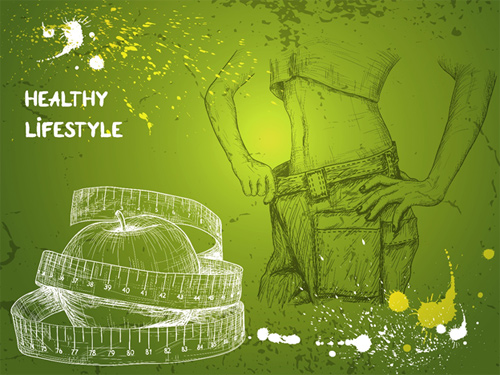
Weight loss surgery will definitely impact your life for the better. Many weight-related health problems will improve and you’ll feel more self-confident and energetic. Still, life after weight loss surgery is not without its ups and downs. You’ll have to alter the way you eat and will undoubtedly experience some profound life changes.
Here’s a look at what to expect after weight loss surgery so you know what to eagerly anticipate and how to deal with the issues and side effects that may crop up.
Speedy weight loss
Depending on your weight going into surgery, you can expect to lose 25-30% of your weight in the first year after the procedure. Rapid weight loss is your goal, of course, but remember the side effect of no longer fitting into your clothes!
As you start losing weight, don’t spend hundreds of dollars on new things to wear every month or two. Instead, buy a few items of clothing at a time from a secondhand store. Once your weight loss steadies, you can worry about shopping for a whole new wardrobe.
Permanent diet change
Weight loss surgery changes your stomach and intestines with the gastric bypass and loop switch, shrinking or shortening them to reduce the number of calories and nutrients absorbed from food. This helps promote safe, speedy and long-lasting weight loss. However, an altered digestive system means you must be prepared to change the way you eat–not just for a few months after surgery, but for the rest of your life.
Your new stomach will require several small, nutrient-rich meals each day. You’ll need to eat slower and chew more thoroughly than you ever have in your life. You’ll start with a clear liquid diet to provide hydration after surgery, then you can move on to liquid protein shakes and drinks, followed by soft foods such as scrambled eggs. Eventually, your diet will consist of more normal foods.
Still, eating too much at once or indulging in sugary, fried or rich foods could cause a side effect called dumping, specifically for those who have had the gastric bypass and loop switch, which is characterized by sweats, chills and nausea. These symptoms occur when the food filling your new, tiny stomach overflows straight into the small intestine.
Vitamins
To prevent malnutrition from decreased nutrient uptake, you will need to take vitamins every day for the rest of your life after weight loss surgery. Your weight loss surgeon will make recommendations regarding which supplements you should take based on the precise surgery you undergo.
Social changes
You will experience many indirect changes in your social life as a result of weight loss surgery. For example, if you once ate for social reasons, you may find your relationships change when you no longer want to get together and socialize over a large pizza. In fact, for the first several months after surgery, a hormone called ghrelin decreases, causing you to lose your appetite. This is helpful for jump-starting your weight loss, but may impact your social life.
It’s also important not to expect all your relationship problems to disappear simply because you lose weight. For instance, if you and your spouse are having a hard time, don’t expect reshaping your body to automatically reshape your marriage.
Follow-up surgeries
Many times after drastic weight loss, patients are left with excessive loose skin. This may require follow-up nips and tucks to help your skin contour to the new shape of your body.
Now that you know what to expect after weight loss surgery, you may be ready to start down the road to a slimmer, healthier, more vibrant you. Contact BMI of Texas to discuss the most viable weight loss surgery options available for your situation.

